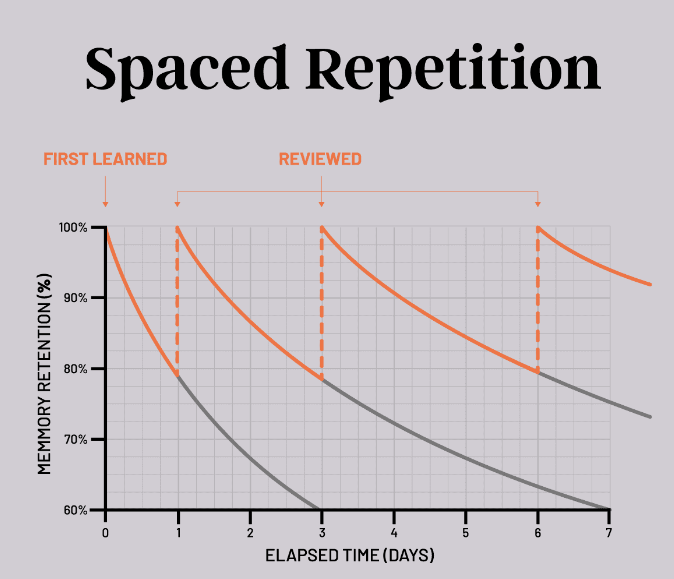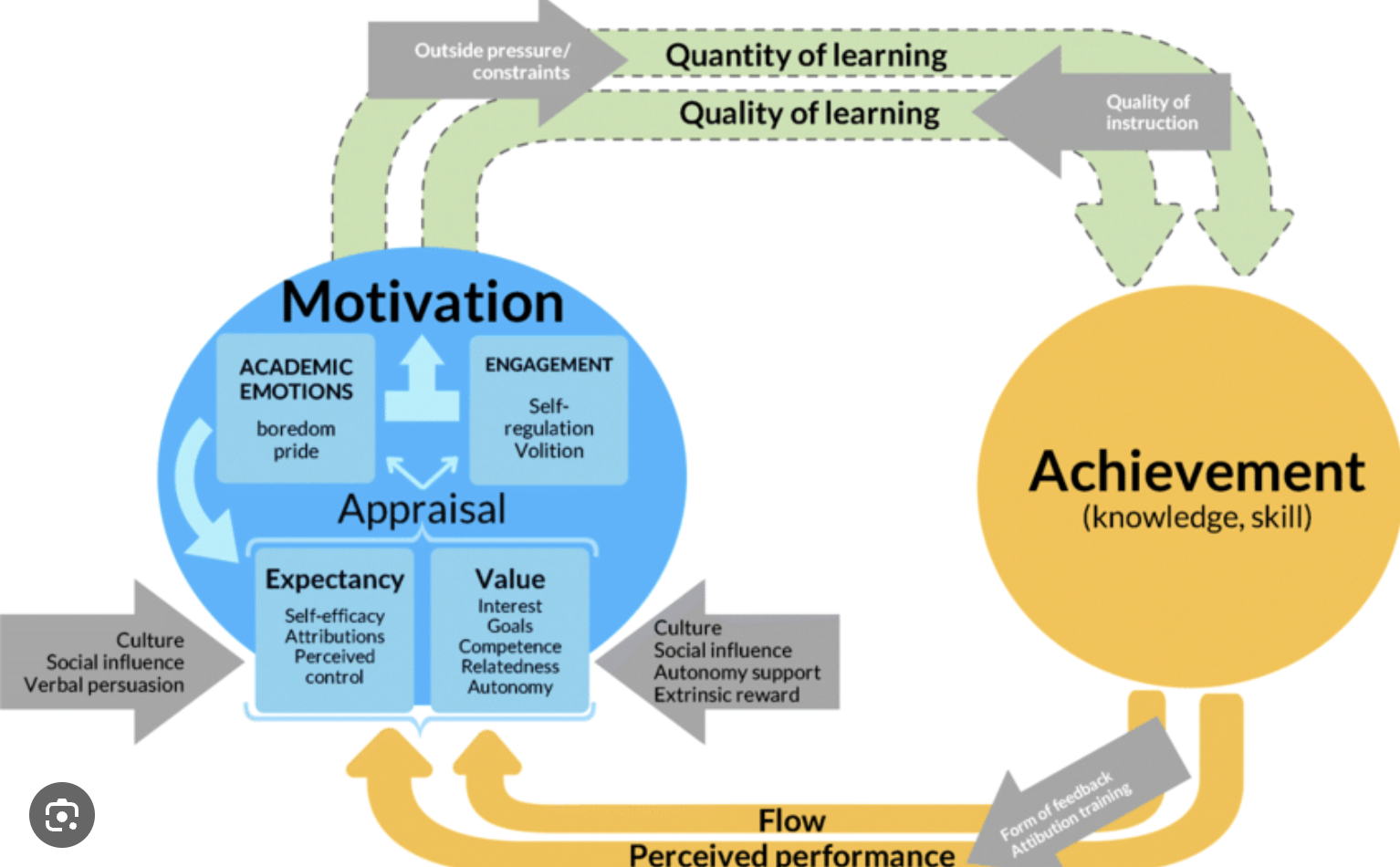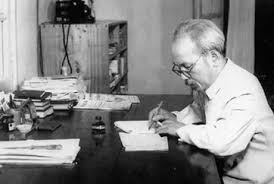Lặp lại ngắt quãng - Spaced Repetition
Tue, 27 Aug 2024

Follow the stories of academics and their research expeditions

Have you ever felt a surge of energy that made you want to tackle a big project or learn a new skill? That feeling is motivation, and it's a powerful force that can propel us towards our goals. But motivation is only half the story. The other half is achievement – the feeling of accomplishment we get when we reach a milestone or complete a task. Together, these two emotions create a powerful cycle that drives us to repeat behaviors and build lasting habits.
The Motivation Spark
Motivation is like a spark that ignites action. It can come from a variety of sources:
When we feel motivated, our brains release dopamine, a neurotransmitter associated with pleasure and reward. This creates a positive association with the activity we're pursuing, making us more likely to want to do it again.
The Achievement Boost
Achievement is the feeling of satisfaction and pride we get when we accomplish something. It's the result of our hard work and dedication, and it can be incredibly motivating.
When we achieve something, our brains release another dose of dopamine, reinforcing the positive association with the activity. This creates a feedback loop: motivation leads to action, action leads to achievement, and achievement leads to more motivation.
The Motivation-Achievement Cycle
This feedback loop is the key to building lasting habits. When we experience the pleasure of achievement, we're more likely to repeat the behavior that led to it. Over time, this repetition creates a habit – a behavior that becomes automatic and requires less effort to maintain.
Think about learning to play a musical instrument. At first, it might be frustrating and challenging. But as you practice and start to see progress, you experience a sense of accomplishment that fuels your motivation to keep going. The more you play, the better you get, and the more rewarding it becomes. Eventually, playing the instrument becomes a habit that you enjoy and look forward to.
How to Harness the Motivation-Achievement Cycle
Here are some tips for using the motivation-achievement cycle to your advantage:
Conclusion
Motivation and achievement are two sides of the same coin. They work together to create a powerful cycle that can propel you towards your goals and transform your life. By understanding this cycle and applying these tips, you can harness the power of your emotions to build lasting habits and achieve your full potential
Tue, 27 Aug 2024

Tue, 27 Aug 2024

Mon, 26 Aug 2024

Leave a comment